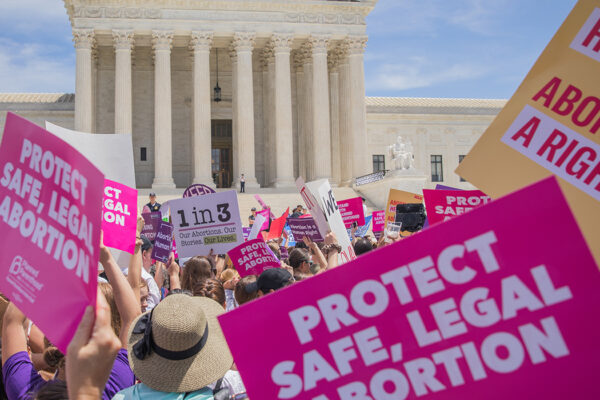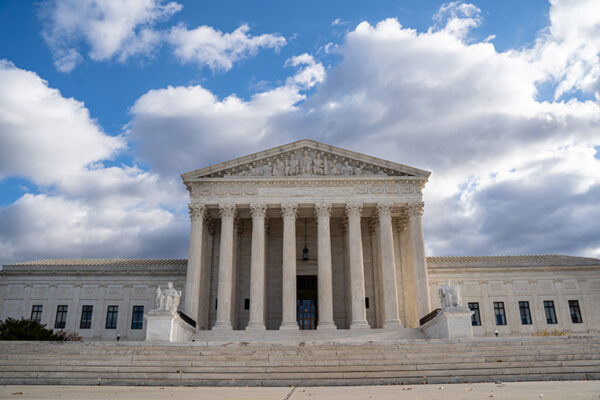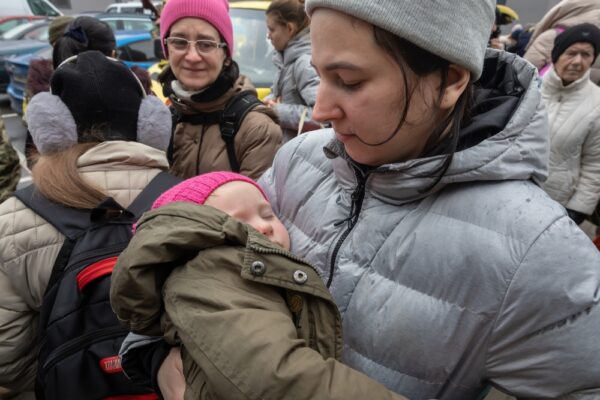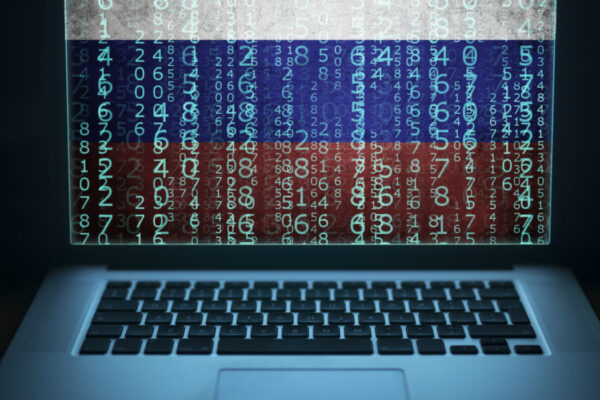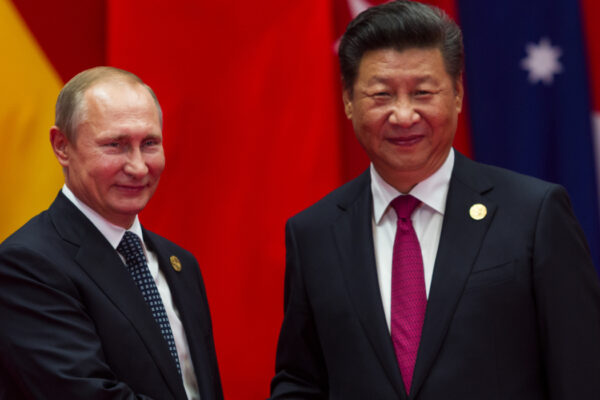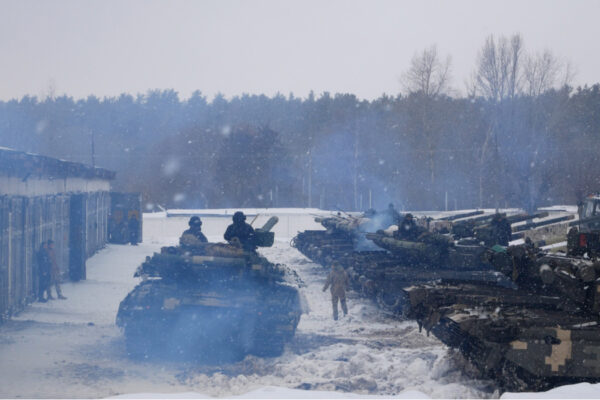WashU Experts: Supreme Court decision will transform American life, politics
Experts from Washington University in St. Louis offer perspectives on the Supreme Court’s decision to overturn Roe v. Wade and the impact it will have on American law, people and politics.
SCOTUS ruling hints at why religious freedom means living with views we don’t like
While the ruling in the Maine case is unsurprising given the court’s recent decisions around freedom of religion, some of the rhetoric around the case misrepresents the role of constitutional protections for religion in a pluralistic society, said John Inazu, expert on law and religion at Washington University in St. Louis.
Conflict-related sexual violence needs urgent action
Russia’s war in Ukraine has displaced millions of people, most of them women and children. This mounting crisis suggests that conflict-related sexual violence, which has been reported in Ukraine, requires urgent action, say Washington University in St. Louis experts on refugees and displaced populations.
Florida’s attack on Disney violates the First Amendment
If Florida’s action to strip Walt Disney World of its status as a special tax district is indeed retaliatory against the company for its opposition to the state’s so-called “Don’t Say Gay” law, then Florida has plainly violated the First Amendment, says a constitutional law expert at Washington University in St. Louis.
WashU Expert: Following Oscars drama, Academy Awards has most to lose
In the wake of the slap heard ‘round the world — actor Will Smith’s blow to comedian Chris Rock’s left cheek — scholars in the business of entertainment in the Olin Business School say the situation is shot through with reputational risk.
Americans must prepare for cyber warfare
With the war in Ukraine only seeming to ramp up, instead of down, and Vladimir Putin’s aggression against those who defend the Ukrainian people increases, Liberty Vittert, a data science expert at Olin Business School, said it’s only a matter of time until the U.S. faces a cyber attack. But that begs the question: What constitutes an act of war against the United States?
Russian action may constitute war crimes and crimes against humanity
Although not every violation of the law of war amounts to a ‘war crime,” the facts emerging from the conflict thus far are deeply troubling, says international criminal law expert Leila Sadat.
China’s political and economic dilemma
International business experts John Horn and Patrick Moreton offer their perspectives on the developing situation with China, including challenges facing the country and what impact their actions could have on the Chinese and global economies.
Global instability and the timing of Russia’s attack on Ukraine
Analyzing more than 200 years of conflicts, David Carter in Arts & Sciences finds revisionist states — like Russia — have made territorial claims when the great powers that dominate the international system are embroiled in crisis.
Patients want AI, doctors to work together
Interdisciplinary Washington University research finds patients may be OK with artificial intelligence playing a role in medical diagnostics.
View More Stories
